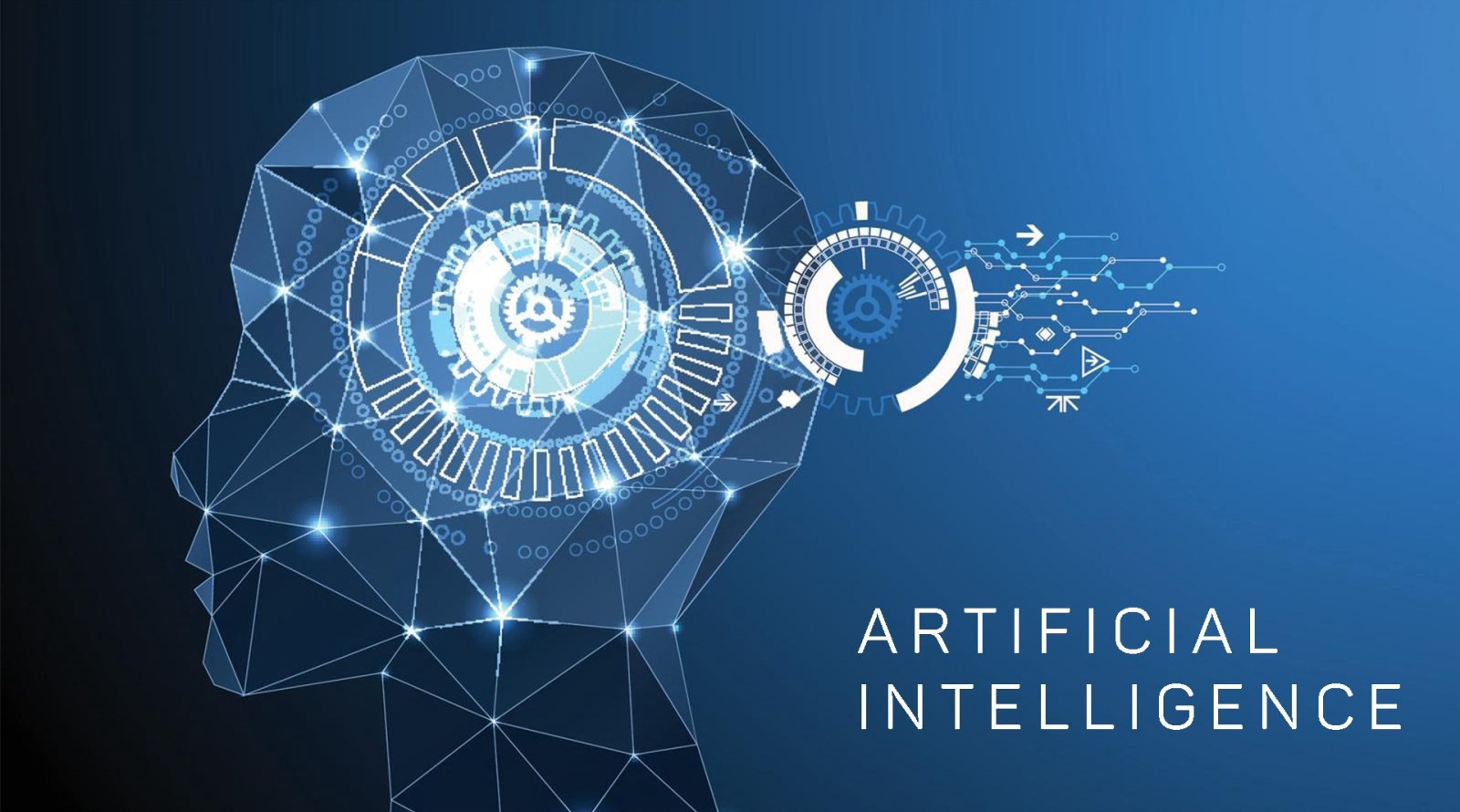AI for safer Internet, what can Tanzania learn

IN today’s world, almost everything we do and that is from paying bills to chatting with friends – happens online. But as more services go digital, cybercriminals are also getting smarter. They target people, companies and even governments through scams, fake emails and hacking.
Luckily, Artificial Intelligence (AI) is stepping in to make the internet safer. In this article, we will explore how AI is transforming cybersecurity, provide easy-to-understand examples and discuss Tanzania’s current state in adopting AI in cybersecurity.
AI in cybersecurity involves applying artificial intelligence to help protect systems, networks and data from threats. It’s designed to improve security by analysing large volumes of information, detecting risks sooner, coordinating faster responses and supporting more accurate decision-making. AI makes it easier to prevent attacks and catch threat actors in real time.
Across the globe, AI is becoming a powerful guard against cybercrime. Unlike humans, AI can work 24/7, quickly scanning millions of activities online to detect strange or suspicious behaviour. Artificial intelligence (AI) is revolutionising the field of cybersecurity, enabling organisations to detect and respond to threats more efficiently and effectively.
Here, are some simple everyday ways AI is helping:
1. Spotting Fake Emails and Scams Instantly AI tools can recognise suspicious emails that look real but are actually scams. AI-powered spam filters can learn to recognise and block malicious emails, reducing the risk of phishing attacks.
For example, if a fake message pretends to be from your bank, AI can spot unusual wording, fake links, or sender details and block it before it reaches your inbox. This protects millions of people from losing money.
ALSO READ: Pan-African Media Summit emphasises ethical AI application
2. Watching Over Online Banking Banks around the world use AI to watch over accounts in real time. If your card is used in a strange location or for a very large purchase, AI quickly alerts the bank or freezes the transaction to stop fraud. Imagine getting an instant warning before your money is stolen – that’s AI at work.
3. Protecting Public Wi-Fi Users When you use free Wi-Fi in a café or bus station, hackers can try to steal your data. AI can detect these attacks as they happen, warning you and the network operator to block the intruder.
4. Keeping Kids Safe Online Some AI tools help parents by monitoring apps and websites their children use, blocking harmful content or online predators automatically.
5. Guarding Big Systems like Electrical Power Grid and Hospitals. Governments and companies use AI to protect sensitive systems like national electricity grids, airports and hospitals. AI can detect early signs of a cyberattack and shut down harmful access before damage is done.
6. Network Intrusion Detection: AI-powered systems can monitor network traffic, detecting and alerting on potential security threats, such as unauthorised access attempts.
7. Password Protection: AI-powered password protection systems can analyze password attempts, detecting and blocking potential brute-force attacks. AI-powered systems can analyse vast amounts of data to identify patterns and anomalies, detecting potential threats in real-time. AI algorithms can predict the likelihood of a cyber attack, enabling organisations to take proactive measures to prevent breaches.
AI-powered systems can respond to security incidents automatically, reducing the time and effort required to contain and mitigate threats. AI-powered SIEM systems can analyse security event logs, identifying potential security threats and alerting security teams.
A Case Study has revealed that– some banks have adopted AI systems that block fraud in seconds. For example, in 2023, an AI-powered fraud detection system stopped a group of hackers from stealing millions by freezing suspicious transactions. Tanzania can replicate this by investing in similar tools.
“AI is like a security guard that never sleeps. It can spot danger faster than humans and protect millions of users every day,” says a cyber security expert. How can Tanzania adopt these practices? – Encourage Banks and Mobile Money Operators to use AI fraud detection so customers’ money is safer. – Train ICT Experts on AIpowered cybersecurity tools so local businesses can protect themselves. – Government Support by investing in AI-driven national cybersecurity centres to watch over critical infrastructure like energy, water and health.
Organisations should invest in AI infrastructure, including data analytics platforms and machine learning algorithms, to support AI-powered cybersecurity initiatives. – Awareness Campaigns to teach people how AI protects them and how to stay safe online.
5 Quick Tips to Stay Safe Online
1. Always double-check emails before clicking links.
2. Use strong passwords and change them regularly.
3. Avoid using free Wi-Fi for banking or sensitive accounts.
4. Install antivirus software and keep it updated.
5. Report any suspicious messages or transactions immediately. AI is transforming cybersecurity, enabling organisations to detect and respond to threats more efficiently and effectively. Tanzania is taking steps to adopt AI in cybersecurity, with various initiatives underway to enhance the country’s cybersecurity posture.
The Tanzanian government has developed a national cybersecurity strategy, which includes provisions for leveraging AI and other emerging technologies to enhance cybersecurity. Efforts are being made to build capacity in AI and cybersecurity, including training programmes for cybersecurity professionals and awareness campaigns for the general public.
By investing in AI infrastructure, prioritising data quality and fostering collaboration, Tanzania can leverage AI to improve its cybersecurity and protect against evolving cyber threats. High-quality data is essential for effective AI-powered cybersecurity, requiring organisations to prioritise data collection, storage and analysis.
AI-powered cybersecurity systems require continuous monitoring and updating to ensure they remain effective against evolving cyber threats. AI enables organisations to detect and respond to threats with greater speed and accuracy while also automating many manual tasks, freeing up valuable human resources.
AI also enables organisations to respond more effectively to threats, with minimal disruption to business operations, while helping protect valuable assets from breaches by hackers or other malicious actors. AI is not a magic solution, but it is already helping make the digital world safer and more trustworthy.
By learning from global practices and investing in AI solutions, Tanzania can protect its people and businesses as the world goes more digital.





